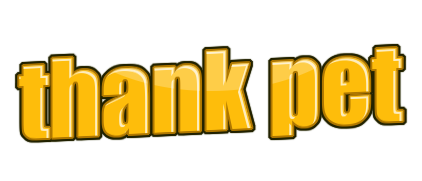Certainly! Stallone’s decision to decline NIKE’s endorsement deal resonates deeply within the realms of both entertainment and corporate branding, prompting multifaceted discussions that delve into the intricacies of celebrity influence, corporate social responsibility, and the evolving dynamics of consumer engagement.
Moreover, Stallone’s stance shines a spotlight on the broader debate surrounding “woke” branding and its implications for corporate reputation and consumer loyalty. While NIKE’s embrace of social justice themes may resonate with certain segments of its audience, it also risks alienating others who perceive such initiatives as politicized or pandering. Stallone’s refusal of the endorsement deal underscores the delicate balance companies must strike between advocating for social causes and maintaining broad appeal, prompting reflection on the effectiveness of brands’ engagement with social issues in a polarized cultural landscape.
Furthermore, Stallone’s decision serves as a catalyst for introspection within the entertainment industry, where celebrities wield considerable influence as cultural arbiters and role models. By publicly rejecting NIKE’s offer, Stallone sets a precedent for fellow stars to scrutinize their brand partnerships more closely and consider the ethical implications of their endorsements. In doing so, he encourages a culture of accountability and authenticity that transcends financial incentives, reshaping the dynamics of celebrity-brand relationships and fostering greater alignment between personal values and professional pursuits.
In the broader context of societal discourse, Stallone’s refusal of the endorsement deal amplifies conversations around the role of corporations in addressing pressing social issues and the responsibilities of public figures in advocating for meaningful change. In an era characterized by heightened awareness of systemic injustices and calls for corporate accountability, Stallone’s principled stance resonates with individuals who seek authenticity and integrity in both their entertainment icons and the brands they support.
In conclusion, Stallone’s decision to turn down NIKE’s $6 million endorsement deal reverberates far beyond the realms of Hollywood and sportswear, sparking nuanced conversations about the intersection of celebrity influence, corporate branding, and social responsibility. As stakeholders across industries grapple with the complexities of navigating cultural shifts and consumer expectations, Stallone’s principled stance serves as a poignant reminder of the power of individual agency and the enduring significance of standing up for one’s beliefs, even in the face of lucrative opportunities.

